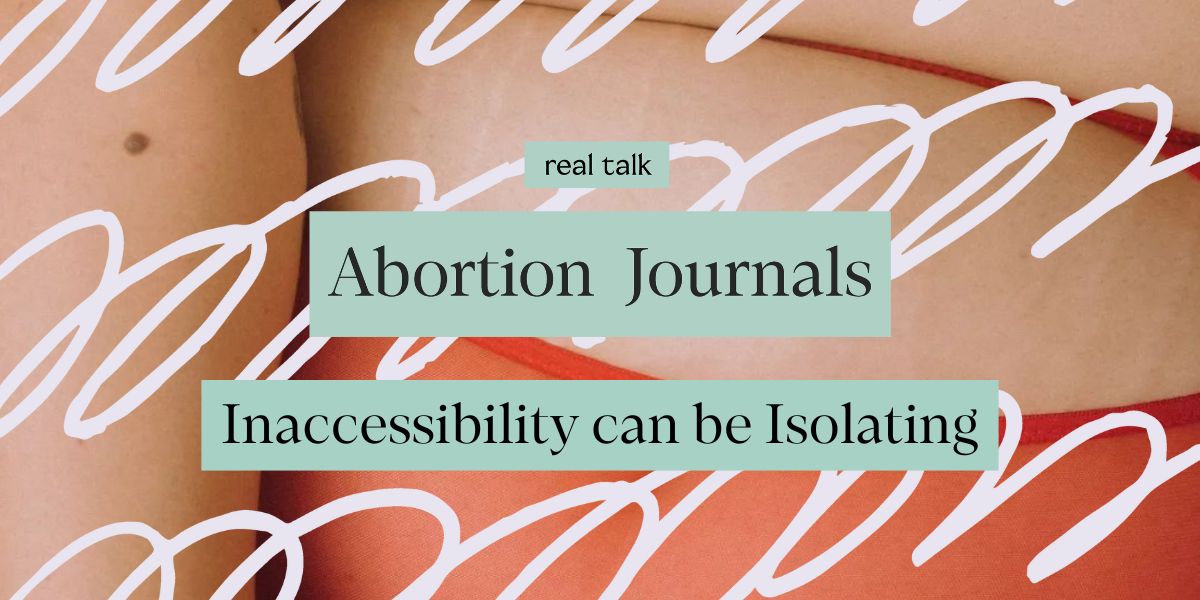Taking Care of Your Heart: How stress & nutrition impact heart health

At Stix, we know that cardiovascular health plays an important role in your quality of life and overall wellbeing. So, we’ve partnered with Dr. Nedda Dastmalchi, DO, MA, a physician and cardiology fellow at Temple University Hospital in Philadelphia, to get real about heart health in honor of Heart Month.
In the final part of our Taking Care of Your Heart series, we learned more with Dr. Dastmalchi about how stress and nutrition can impact your heart. Keep reading to see what we found out.
How can stress affect your cardiovascular system?
Dr. Dastmalchi: Stress, mental health disorders, negative thinking/outlooks activate our sympathetic nervous system, also known as the “fight or flight” response. This response, although useful when we are in danger or in need of an adrenaline boost, long-term activation can have detrimental effects.
Chronic stress and its resulting stress hormones like cortisol can lead to cardiometabolic syndromes: Increased inflammation, high blood pressure, and increased insulin resistance. These can lead to an increased risk of heart disease and stroke.
Are there heart conditions that are directly linked to stress?
Dr. Dastmalchi: Certain heart conditions, like stress cardiomyopathy or broken heart syndrome, is a direct result of increased stress on the body. There is an aggregate of stress receptors in the heart muscle that get activated to such a high degree that they can cause a heart attack in an alternative pathway in comparison to a heart attack from a plaque or clot.
Depression is a risk after a heart attack or stroke. Research shows that those who are depressed after a heart attack are more at risk for developing a second attack. This can most definitely be attributed to the inflammatory process we know depression causes and the chronic state of stress as a result. It’s important to note that those who are depressed are less likely to quit smoking, take medications, get proper sleep, practice a healthy diet, or exercise regularly.
Since women are at higher risk for stress-related heart conditions, what can we do to help prevent them?
There are many things you can do to help manage and prevent stress.
Start with self-care
Dr. Dastmalchi: Self-care does not have to mean spending hours on yourself a day. Starting small with 2-minute meditation during the day, exercising, eating well, journaling, and setting boundaries for yourself are ways to help you maintain your mental health. These small daily habits can have a positive effect on your body and mind and can result in lasting goals!
Get to know your family history
Dr. Dastmalchi: Mental health disorders like anxiety and depression are very much inherited disorders. If your parents or siblings suffer from these ailments, be sure to find healthy ways to process emotions and reduce anxiety to help manage your health.
Stay optimistic
Dr. Dastmalchi: Research has also shown that those who are happy, optimistic, and have an overall positive outlook have improved cardiovascular health. Patients were found to take medications, exercise, eat well, and quit smoking.
Adopt a healthy diet & exercise regularly
Dr. Dastmalchi: Exercise and eating right are very important not only for your heart but for your mental health! A great book by Dr. Uma Naidoo, MD, “This Is Your Brain on Food: An Indispensible Guide to the Surprising Foods that Fight Depression, Anxiety, PTSD, OCD, ADHD, and More,” highlights how a diverse diet full of vegetables and herbs can really have an effect on how your mind functions and feels.
Let’s switch gears and talk about nutrition. How does nutrition affect heart health?
Dr. Dastmalchi: The medical community is continuing to learn how important a healthy diet is not only for your heart but also in mitigating risk factors that are linked to heart disease and other medical conditions. Of course, genetics plays a role, but that is where nutrigenomics (the study of food and how it can affect your genes) can be helpful in understanding your body and how you can modify your diet to optimize your health.
Unfortunately, the standard American diet, ironically abbreviated as ‘SAD’, is full of less than optimal food choices: refined carbohydrates, processed meat, added sugars, high-fat dairy products, highly processed vegetable oils, and saturated and trans fats. All of this with low consumption of vegetables and fruit can truly be detrimental to one’s health. The SAD is linked to obesity, hypertension, high cholesterol, diabetes, which are all risk factors for heart disease.
Nutritional diversity has also been found to be crucial in maintaining the integrity of the microbiome. Research shows that individuals who consume a nutritionally depleted diet (like the SAD) have shifts in the bacteria that consume their microbiome, which can be linked to poor immune function.
Anyone with nutritional diets most similar to the SAD is at risk for cardiometabolic syndrome and ultimately heart disease.
What can you do to prevent nutrition-related heart issues?
Dr. Dastmalchi: Prevention is the new intervention! I try not to use the word “diet” when giving patients guidance on how to rethink their food intake because it can have a negative connotation and seem limiting. Instead, I like to use the word preference or lifestyle because nutritional diversity through unprocessed foods, unrefined carbohydrates, fresh vegetables, and fruit are the stepping stone to optimal health and wellbeing.
Eating complex carbohydrates and ancient grains (ie. amaranth, quinoa, millet), legumes, vegetables, and fruit offer micronutrients as well as macronutrients. In addition, these foods have phytonutrients that are rich in antioxidants.
Interestingly, when looking at the guidelines in treating diabetes, high blood pressure, and high cholesterol, the first step is lifestyle intervention. Changing dietary behaviors to help reduce disease burden is very important.
We hope you enjoyed our Taking Care of Your Heart series, and thank you to Dr. Dastmalchi for partnering with us on essential heart health education.
Have questions? We’re here to help. Reach out to us at hello@getstix.com.
Keep Reading

Taking Care of Your Heart: Managing risk of cardiovascular disease
Feb 4

How stress affects your health
Jun 22

How does food affect your mood?
Aug 23










